As a BetterHelp affiliate, we receive compensation from BetterHelp if you purchase products or services through the links provided
In the complex dynamics of relationships where one parent exhibits narcissistic behaviors, the welfare of the child can become entangled in a web of control and manipulation. You might find a parent with narcissistic tendencies using a child to assert control over the other parent, creating a challenging environment for the child’s development. This use of children as pawns in a selfish game can lead to significant emotional harm, not only impacting the other parent but, most importantly, affecting the child’s sense of security and self-worth.
Understanding the signs of such behavior is crucial. A narcissistic parent may engage in subtle or overt tactics to leverage the child within personal conflicts or to maintain an image of superiority and control. This can manifest in various forms, from making disparaging remarks about the other parent in the child’s presence to imposing unreasonable expectations on the child’s behavior to reflect positively on the parent. Often unaware of the ulterior motives behind these actions, the child may find themselves in a confusing emotional landscape where love and affection are contingent on their complicity in these dynamics.
Key Takeaways
- Narcissistic behavior can harm a child’s emotional well-being.
- Recognizing control tactics is vital for intervention.
- The child’s interests should be the priority in managing such situations.
 Understanding Narcissism
Understanding Narcissism
Narcissism, particularly when it manifests as a personality disorder, can have profound effects on family dynamics. Let’s explain what this means and how it might appear in parenting.
Defining Narcissistic Personality Disorder
Narcissistic Personality Disorder (NPD) is a mental health condition characterized by an inflated sense of self-importance, a deep need for excessive attention and admiration, and a lack of empathy for others. But behind this mask of extreme confidence lies a fragile self-esteem vulnerable to the slightest criticism.
- Symptoms may include:
- Believing that you’re more important than others
- Exaggerating your achievements and talents
- Expecting constant praise and admiration
- Taking advantage of others to get what you want
- Diagnosis:
- Must meet criteria in the DSM-5
- Involves a psychological evaluation
- Might include filling out questionnaires or checklists
Key takeaway: If you suspect someone might have NPD, they must see a healthcare professional. Self-diagnosis can be inaccurate and everyone deserves the right support.
Narcissism in Parenting
Parenting with narcissism involves leveraging the parent-child relationship to pursue personal gratification rather than nurturing the child. This may lead to using the child as a pawn to exert control over others, particularly in high-conflict situations like custody battles.
- Parenting Characteristics:
- Using the child to meet their own needs for validation
- Having unrealistic expectations of the child to reflect well on them
- Being insensitive to the child’s needs and feelings
Key takeaway: Recognizing these traits can be the first step in protecting children from the potentially damaging influence of a narcissistic parent.
 Identifying Control Tactics
Identifying Control Tactics
Recognizing the ways a narcissist may use a child to wield control is critical. You’ll unravel the layers of manipulation and learn how to fortify boundaries for the child’s well-being.
Manipulation Tactics
A narcissist often employs manipulation tactics that create a profound impact on a child’s mental and emotional state. They can
- Lie to confuse the child,
- Utilize guilt to make the child feel responsible for the narcissist’s emotions,
- Shame the child as a form of punishment or control.
Common manipulation techniques include:
- Gaslighting: Making the child doubt their memory or perception,
- Triangulation: Causing division by involving another person to create a power dynamic,
- Silent treatment: Withholding communication to induce guilt or fear.
Key Takeaway: Manipulation is a toolkit that twists reality, fosters guilt, and shakes a child’s confidence.
Exploiting the Child
Exploitation occurs when a narcissist uses a child to gain an advantage, often disregarding the child’s needs or feelings. They might
- Neglect the child’s emotional needs, making them feel invisible,
- Sabotage a child’s relationships with others to maintain control,
- Use threats of punishment to coerce the child into obedience.
These acts can manifest as direct or subtle pushes to have the child conform to the narcissist’s wishes, which can include:
- Making decisions on behalf of the child without consideration,
- Forcing the child into roles that serve the narcissist’s image or needs.
Key Takeaway: Exploitation is about gaining advantage at the child’s expense—recognizing and stopping it is paramount.
 Setting Boundaries
Setting Boundaries
One of the most effective strategies to counter control tactics is the establishment of firm boundaries to protect the child. This involves:
- Being consistent with rules and consequences that are fair,
- Teaching the child to identify and articulate their feelings and needs,
- Supporting the child’s autonomy to make their own decisions in age-appropriate ways.
It’s vital to:
- Communicate clearly about what behaviors are acceptable,
- Reinforce that the child is not at fault for the adult’s unfair actions or emotions,
- Seek support from professionals if necessary to enforce these boundaries.
Key Takeaway: Strong boundaries protect against control tactics, safeguarding the child’s sense of self and personal agency.
The Experience of Children
When a narcissist uses a child to exert control, it can profoundly influence the child’s emotional well-being and development.
Impact on Emotional Development
Experiencing a narcissistic parent can lead children down a confusing path. Praise can quickly become shame, and joy can fall to hurt without warning.
- Confidence: Your sense of self can be undermined by inconsistent feedback, leading to anxiety and poor self-image.
- Emotions: You may find it tough to navigate your feelings due to the emotional turbulence at home.
Key Takeaway: Your emotional development may be at risk of being thrown off course by the unpredictable nature of a narcissistic caregiver.
The Golden Child and the Scapegoat
Under a narcissistic parent, your role may vary between being the golden child – showered with attention – or the scapegoat, shouldering blame for any issues.
- Golden Child: As the favored one, you’re put on a pedestal but with unrelenting pressure to maintain your status.
- Scapegoat: If you play this role, you’re often subjected to unfair comparison and rejection, which can lead to feelings of worthlessness.
Key Takeaway: As the golden child or the scapegoat, the assigned role affects your self-view and interactions with others.
Fostering Independence
If you’re coming from a family with a narcissistic figure, breaking free and fostering your independence can be crucial yet challenging.
- Autonomy: Learning to make decisions without seeking the approval of the controlling parent paves the way for autonomy.
- Boundaries: Establishing and maintaining clear boundaries is key to reclaiming your sense of self and personal power.
Key Takeaway: Remember, honing your independence is a mighty step towards healing and autonomy in the face of exploitation.
 Narcissistic Rage and Punishment
Narcissistic Rage and Punishment
When dealing with narcissists, the outbursts and subsequent punishment can be jarring. Understanding their rage and the methods they use to punish is crucial for your well-being.
Understanding Narcissistic Rage
Narcissistic rage occurs when a narcissist feels slighted, criticized, or not given the special treatment they believe they deserve. It’s an intense, often unpredictable emotional reaction that can include:
- Verbal attacks: Harsh and aggressive language aimed at belittling you.
- Intimidation: Displaying anger to make you feel afraid and thus compliant.
- Aggressive body language: Using physical gestures to exert dominance.
This rage stems from a deep-seated fear of vulnerability and perceived threats to their self-esteem.
Forms of Punishment Used by Narcissists
Narcissists leverage various punishment strategies to maintain control and assert their power:
- Threats: They may threaten to take something away or create situations that cause you anxiety.
- Withholding: Narcissists can refuse to communicate or provide emotional support as a form of control.
- Reputation damage: They often spread rumors or maliciously expose personal information to harm your standing with others.
- Manipulation: Twisting words and situations to blame you for the problems they’ve caused.
Remember, it’s not your duty to calm their anger or accept their punishment. Protecting your emotional space is vital.
Key Takeaway: Recognize the signs of narcissistic rage and understand that the punishment tactics are not your fault, but rather methods narcissists use to keep control. Your priority should always be your safety and emotional health.
 Manipulative Communication
Manipulative Communication
In the ominous dance of control, a narcissist often turns to manipulative communication as their spotlight move, wielding it with a menacing precision to distort reality and undermine their child’s autonomy.
Gaslighting and Lying
Gaslighting
- When someone you trust insists your reality is false, you may start doubting your memories and perceptions. This is gaslighting.
- Example: If you remember a specific event and your parent flatly denies it ever happened, suggesting you’re misremembering.
Lying
- Pattern of fibs: Consistent dishonesty, even about trivial things, lays a foundation of doubt and confusion.
- Consequence: Trust erodes as you grapple with the web of lies, making you more susceptible to manipulation.
Key Takeaway: Recognize the signs: a reality consistently questioned can lead to self-doubt, but trust your experiences and seek external validation if necessary.
Triangulation and Sabotage
Triangulation
- It involves creating a tense triangle between you, the narcissist, and another party.
- Purpose: To sow discord and secure allegiance by playing people against each other.
Sabotage
- Efforts to undermine your relationships, successes, or reputation, often covertly.
- Method: Spreading rumors or misinformation to damage your credibility and control your social environment.
Key Takeaway: Be aware of these patterns to defend against them. Cultivate direct communication channels and foster relationships outside the narcissist’s influence.
 Combatting Narcissistic Influence
Combatting Narcissistic Influence
In challenging the negative impact a narcissist may have when using a child to exert control, it’s crucial to focus on a few key strategies. Taking steps to protect both your emotional well-being and the child’s is paramount.
Establishing Healthy Boundaries
Key Takeaway: Boundaries are your lines in the sand; they help safeguard your mental space from being overrun.
- Start by clearly defining what is acceptable behavior and what isn’t. Write it down if it helps make it concrete for you.
- Communicate your limits firmly to the narcissist. They may not like it, but consistency is key.
- Enforce consequences if your boundaries are crossed. This could mean limited contact or specific, structured interactions.
 Seeking Professional Help
Seeking Professional Help
Key Takeaway: Expert guidance can be a beacon during stormy emotional seas.
- A therapist or counselor can help you understand the dynamics of your relationship with the narcissist, providing strategies for coping and self-care.
- When selecting a professional, look for experience in dealing with narcissistic behavior and relationship issues.
Building a Support System
Key Takeaway: A strong network can act as an emotional bulwark, sheltering you from the storm.
- Rally friends and family who understand your situation. Just having someone to talk to can lighten your load.
- Consider support groups where you can connect with others facing similar challenges. Here, you’ll find understanding and shared experiences.
By integrating these focused efforts, you’re taking decisive steps to mitigate the influence of a narcissistic individual. Remember, prioritizing your well-being is not selfish—it’s essential.
Parental Roles and Dynamics
When a narcissistic parent is involved, the traditional roles in a family can shift dramatically, impacting you and your siblings in profound ways.
Distinguishing Between Parents’ Roles
In a typical parenting environment, roles are balanced to nurture a child’s development. However, if you’re dealing with narcissistic parents, roles often become distorted.
Narcissistic Parent:
- Views parenting as a means to fulfill their own needs rather than yours.
- May assign roles to children that serve their interests, not the children’s well-being.
A narcissistic parent might dub one child as the golden child—the one who can do no wrong and is often showered with praise and attention. This child is used as a symbol of the parent’s success, which inflates the narcissistic parent’s own self-esteem.
Scapegoated Child:
- Bears the brunt of the narcissistic parent’s criticism.
- Is often blamed for family issues, regardless of the truth.
Key Takeaway: You might find yourself or your sibling labeled in ways that define your interactions and set the stage for your family dynamics.
 Effects on Sibling Relationships
Effects on Sibling Relationships
When a narcissistic parent skews the family roles, sibling relationships can suffer.
- Golden Child: May feel immense pressure to perform and maintain their status.
- Scapegoated Child: Often feels rejected and may develop resentment towards their siblings and parents.
These assigned roles can lead to competition, jealousy, and rifts among siblings as they navigate their relationships under the shadow of a narcissistic parent’s manipulation.
- Relationships may become strained or distant.
- Siblings might struggle to form genuine bonds as their roles pit them against each other.
Key Takeaway: Your relationship with your siblings can be deeply affected by the roles assigned by a narcissistic parent, but remember, the roles are based on the parent’s needs, not your worth or your sibling’s.

Coping with Narcissistic Abuse
When dealing with narcissistic abuse, especially when children are used as pawns, it’s essential to address the emotional trauma and prioritize self-care to start reclaiming your life.
Healing from Emotional Trauma
Your journey to healing starts with acknowledging the hurt. Narcissistic abuse often leaves deep emotional wounds, which can lead to trauma and feelings of shame and rejection. Here are a few strategies to begin the healing process:
- Recognize the Abuse: Clearly recognize the behaviors that constituted narcissistic abuse. This validation is crucial for your mental health.
- Seek Professional Therapy: Engage with a therapist who understands narcissistic abuse and can help navigate the complexities of your experiences.
- Educate Yourself: Learn about narcissistic behaviors to understand that the abuse wasn’t your fault.
- Connect with Survivors: Support groups can offer empathy and insight, showing you’re not alone.
Key Takeaway: Healing begins with recognition and support, setting the foundation to move forward from the pain.
 Self-Care and Recovery
Self-Care and Recovery
Recovering from narcissistic abuse requires a commitment to self-care. This care is a form of self-respect and a way to rebuild your sense of worth.
- Prioritize Your Needs: Start with basic needs like proper nutrition, sleep, and exercise. Your physical health is intrinsically linked to your emotional well-being.
- Establish Boundaries: To prevent further abuse, clearly define what is acceptable and stick to these boundaries firmly.
- Find Joyful Activities: Engage in hobbies and activities that bring you happiness, helping to offset the negativity.
- Challenge Negative Self-Talk: Replace critical inner dialogue with supportive and positive affirmations.
Key Takeaway: Self-care acts as a buffer to the past abuse, empowering you to establish a healthier and happier future.
 Navigating the Storm: Dealing with a Narcissistic Ex in Divorce or Separation
Navigating the Storm: Dealing with a Narcissistic Ex in Divorce or Separation
Legal and Therapeutic Interventions
If you’re dealing with the impact of narcissistic parenting, it’s crucial to understand when legal action may be necessary and what therapeutic strategies can foster recovery. Knowing your options can empower you to take meaningful steps toward healing and protection.
Divorce or separation is tough, and it gets even more challenging when dealing with a narcissistic ex-partner. They often use children as pawns in their game of control and manipulation. Here’s what you need to know:
- Understanding the Narcissistic Ex: They thrive on control and may use children to maintain it. Recognize their tactics to stay one step ahead.
- Legal Considerations: Always consult with a lawyer. Narcissists can be unpredictable, and having legal advice is crucial. I divorced my narcisstic ex without a lawyer and it cost me thousands more later.
- Setting Boundaries: It’s vital to establish firm boundaries for interaction. This limits the narcissist’s ability to manipulate the situation.
- Support System: Lean on friends, family, and professionals. You don’t have to go through this alone.
 Recognizing and Responding to Signs of Parental Alienation
Recognizing and Responding to Signs of Parental Alienation
- Assess for Immediate Danger: If you or your child are in immediate danger due to acts of violence or threats, it’s essential to contact law enforcement immediately.
- Example: Call 911 if you witness an act of physical abuse.
- Document Abuse: Keep a record of incidents that illustrate narcissistic abuse or neglect, as they can be crucial if legal intervention is sought.
- Tip: Use a journal or secure digital document to note dates, details, and witnesses.
Key Takeaway: Involve authorities if there is a direct threat to safety or a pattern of abuse, ensuring protection and legal documentation.

Therapeutic Strategies for Recovery
- Identifying a Skilled Therapist: Find a licensed therapist who understands narcissistic abuse and the trauma it can cause. Their expertise can be a beacon to guide you through these murky waters.
- Strategy: Search for counselors who specialize in narcissistic abuse recovery or domestic violence.
- Evidence-Based Approaches: Engage in therapeutic methods proven to help those affected by narcissistic parenting, such as Cognitive Behavioral Therapy (CBT), to address negative thought patterns and empower you.
- Example: A counselor might help you challenge fears instilled by the abuser and rebuild self-esteem.
Key Takeaway: Therapeutic intervention is a cornerstone for recovery, providing strategies to rebuild and strengthen your mental and emotional wellbeing after narcissistic abuse.
Life After Narcissism
Recovering from narcissistic abuse involves healing and growth. This journey is marked by learning to establish boundaries and rediscover your sense of self.
Moving On and Rebuilding
After leaving a narcissistic relationship, you may feel a mix of relief and uncertainty. Reclaiming your life involves several key steps:
- Set clear boundaries: Defining your limits and communicating them firmly to others is essential.
- Reconnect with your interests: Engage in activities that you love and help you feel like yourself again.
Remember, building a new life takes time and patience. It’s okay to take it one day at a time.
Key Takeaway: Establishing strong boundaries is the first step toward rebuilding a life that feels authentically yours.
Maintaining Personal Growth
Continued personal development is essential after leaving a selfish environment. Here’s how to nurture your growth:
- Cultivate self-care routines: Prioritize actions that promote mental, physical, and emotional well-being.
- Develop emotional intelligence: Understanding and managing emotions better will support your journey toward autonomy.
Caring for your emotional health will build your confidence to maintain independence.
Key Takeaway: Self-care and emotional intelligence underpin your quest for continuous growth and confidence post-narcissism.
Frequently Asked Questions
Navigating the complexities of parental narcissism involves recognizing manipulation tactics and protecting the emotional well-being of your child. Here are some direct answers to frequently asked questions.
What are the signs that a narcissist is manipulating a child as a form of control?
If you notice your child exhibiting unusual behaviors, such as reluctance to spend time with the narcissistic parent or mimicking their language and judgments, it’s possible they’re being manipulated. They might seem more anxious, have mood swings, or even show guilt when spending time with you, suggesting the other parent’s influence.
Key takeaway: Watch for changes in your child’s behavior that don’t align with their usual self, as these can be manipulation indicators.
How can a parent safeguard their child from a narcissistic ex-partner?
To protect your child, create a stable and consistent environment in your home. Communicate openly while offering emotional security and validation for their feelings. Consider seeking professional guidance to support you and your child through legal and therapeutic resources.
Key takeaway: Your calm and stable presence, along with professional support, will help buffer your child against the chaos a narcissistic ex may cause.
What behaviors indicate that a narcissistic parent is treating their child as a pawn in their control tactics?
You might observe the narcissistic parent making derogatory remarks about you in front of the child, excessively questioning the child about your activities, or even using guilt to pressure the child into choosing sides.
Key takeaway: Be mindful of interactions where the child is put in the middle, which is a sign they are being used in control tactics.
In what ways can narcissistic abuse in the context of parenthood manifest, and how can it affect children?
Children may become withdrawn, suffer academically, or display aggressive behaviors. A narcissistic parent might belittle the child’s achievements or project their own unfulfilled ambitions onto them, impacting the child’s self-esteem and mental health.
Key takeaway: Look out for evidence of psychological stress in your child, as these can be the silent echoes of narcissistic abuse.
What strategies are effective when co-parenting with a narcissist to protect the well-being of the child?
Maintain strict boundaries and keep communication factual, brief, and impersonal, using written channels like email or text. Focus on the needs of the child and implement structured routines. If necessary, involve a mediator to manage communication.
Key takeaway: Boundaries and structured communication help shield your child from conflict and ensure their needs remain the priority.
During a child custody case, what are appropriate questions to ask to reveal narcissistic tendencies in a parent?
Ask questions that probe the parent’s ability to understand the child’s distinct needs versus their own. Inquire about their reaction to the child disagreeing with them. You can also probe into how they support the child’s relationship with the other parent.
Key takeaway: Questions should explore the other parent’s empathy and willingness to place the child’s needs above their own.
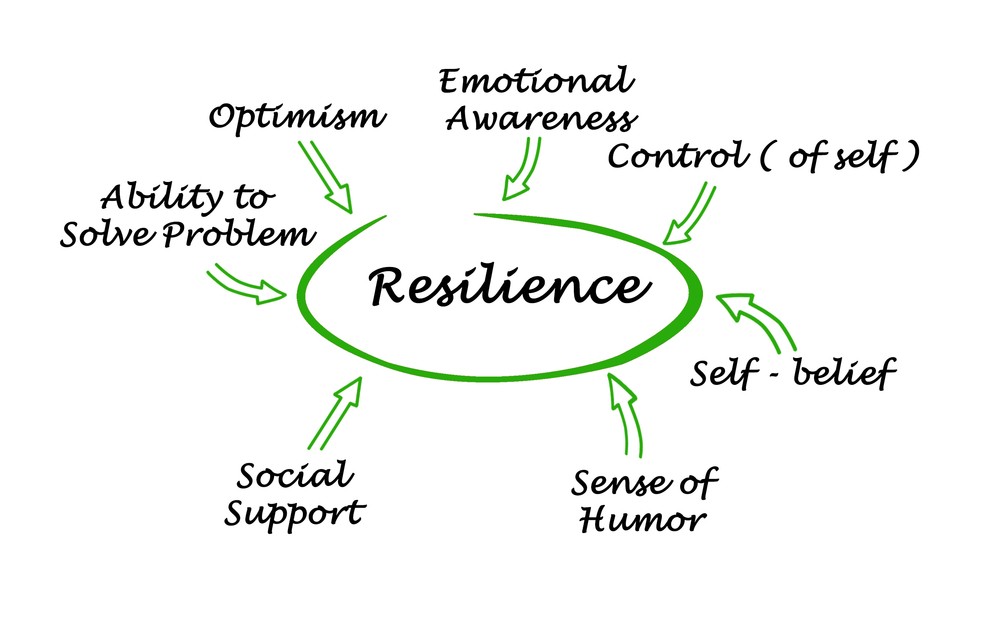
Jacob Maslow – A Journey Through Adversity
Personal Struggle and Resilience
- Mental Health Journey: I’m a long-time user of Lexapro to manage my mental health and a therapy veteran. Recently, I’ve joined BetterHelp to continue my mental wellness journey.
- Coping Mechanisms: To clear my head, I take long walks daily. This practice has been a cornerstone in maintaining my mental stability.
Experiencing Narcissistic Abuse
- Dealing with a Narcissistic Ex: My ex, a severe narcissist, has damaged relationships with community leaders through affairs and smear campaigns. As she ages, her narcissistic tendencies have intensified.
- Alienation and Legal Battles: After years of relative co-parenting harmony, she’s now wholly alienated our kids from me and repeatedly violates court orders. This shift has been a significant blow to my mental health.
My Advocacy and Support for Others
- Writing and Sharing: I write articles about mental health and narcissism to support others facing similar challenges. Through my experiences, I aim to show that overcoming mental health issues is possible.
- Legal Assistance Platform: I run a legal site offering help to those dealing with non-compliant spouses, focusing on the complexities of weaponizing children in custody disputes.
The Transformative Power of Adversity
- Close Relationship Lost: Losing my once close relationship with my kids nine months ago has been a significant challenge. However, I remain committed to advocating for mental health and fighting against narcissistic abuse.
In my bio, I’ve aimed to give you a snapshot of my journey, blending personal struggles with my mission to help others. The path hasn’t been easy, but it has been filled with learning and growth, which I hope to share.

- Breaking the Silence: Why Men’s Mental Health Matters More Than Ever - April 15, 2025
- How to Transform a Home’s Patio Space into a Relaxing Space - March 23, 2025
- 5 Strategies to Use a Cell Phone to Help Manage Your Stress - March 23, 2025
This site contains affiliate links to products. We will receive a commission for purchases made through these links.


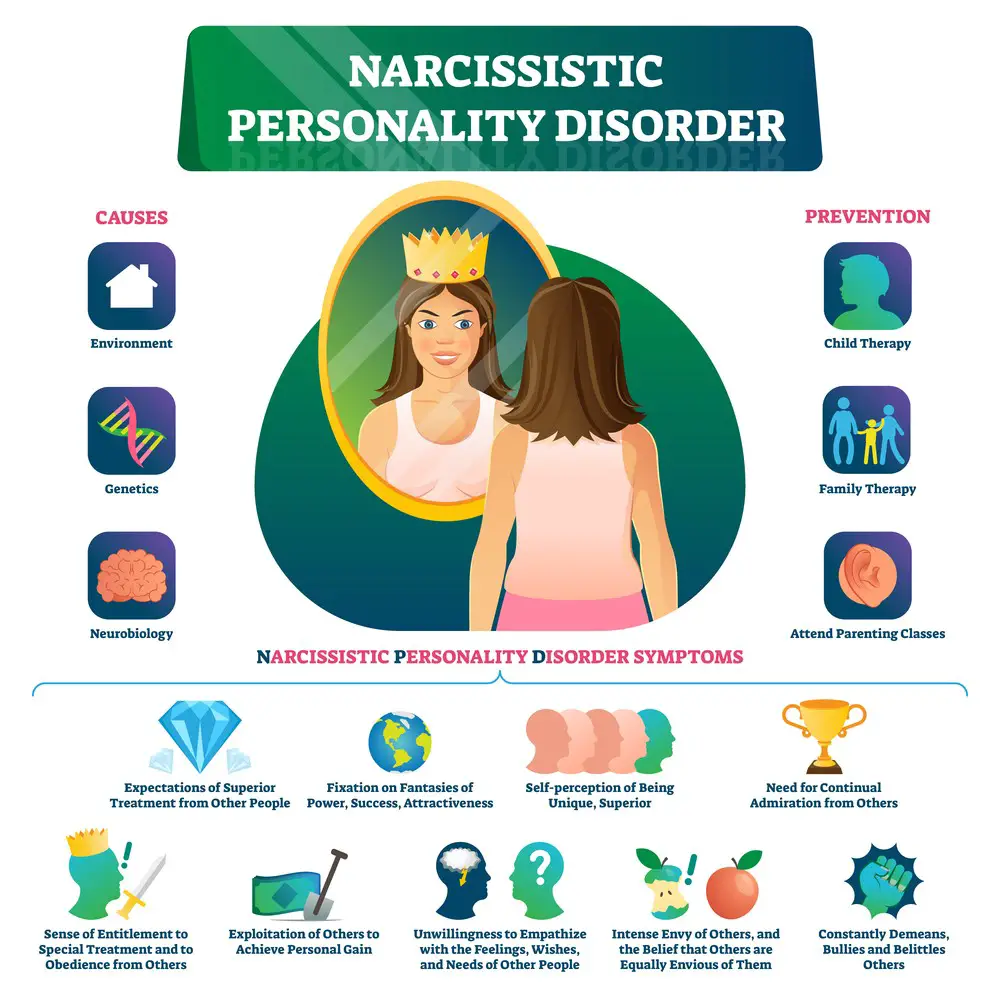 Understanding Narcissism
Understanding Narcissism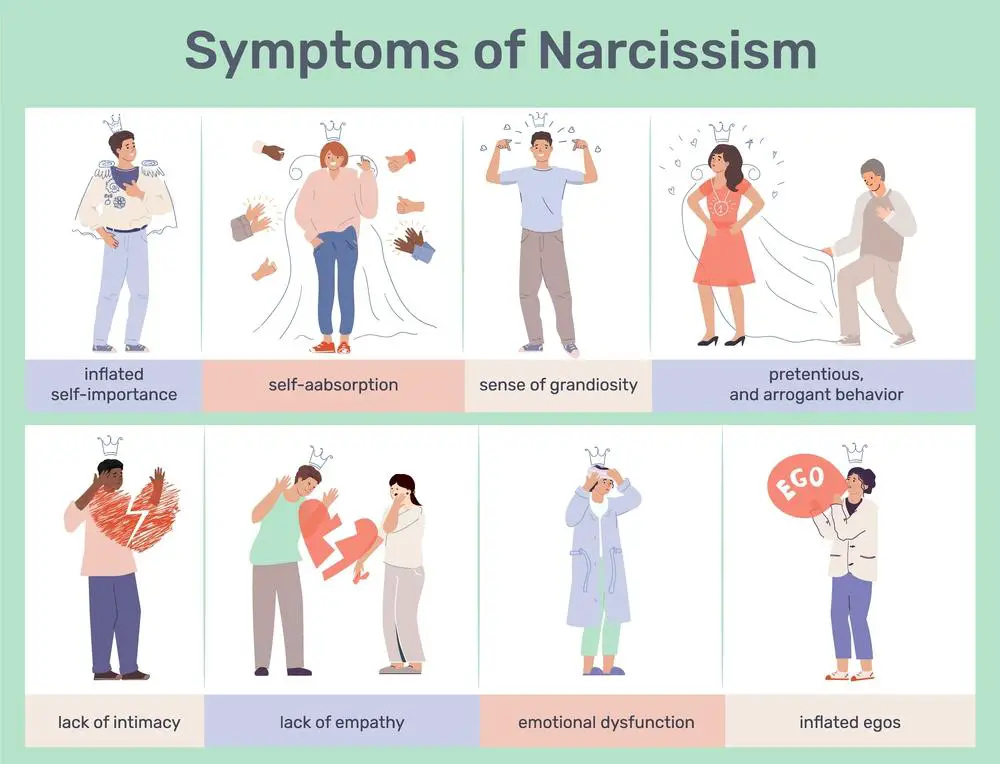 Identifying Control Tactics
Identifying Control Tactics Setting Boundaries
Setting Boundaries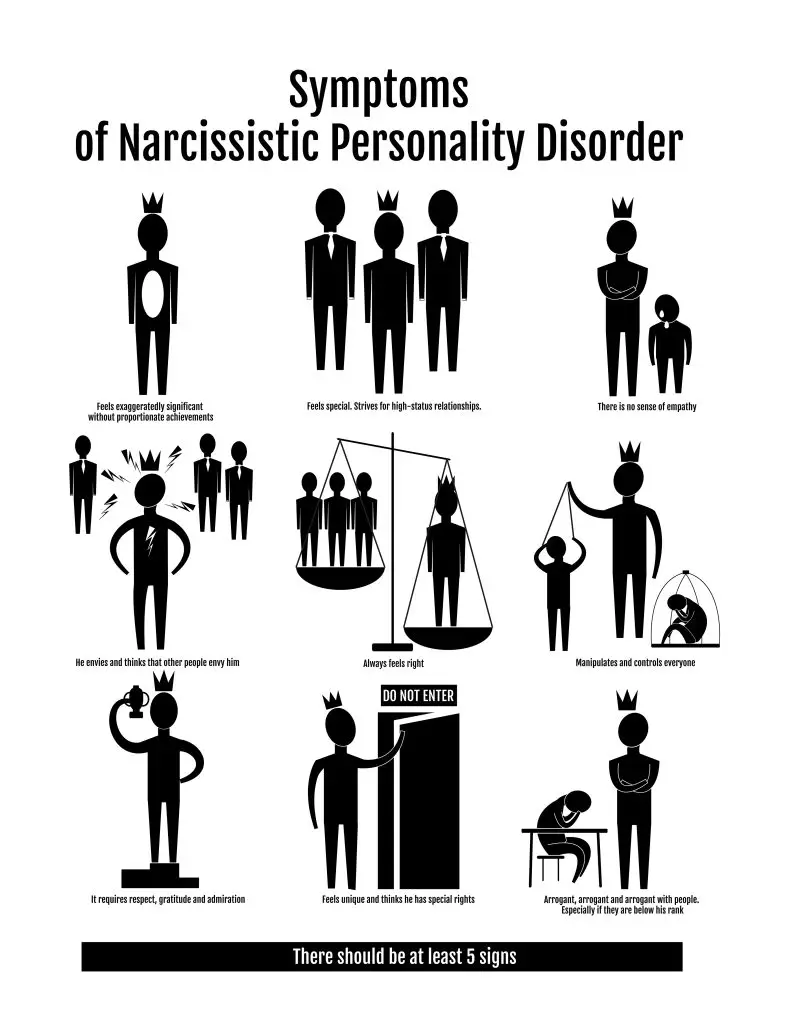 Narcissistic Rage and Punishment
Narcissistic Rage and Punishment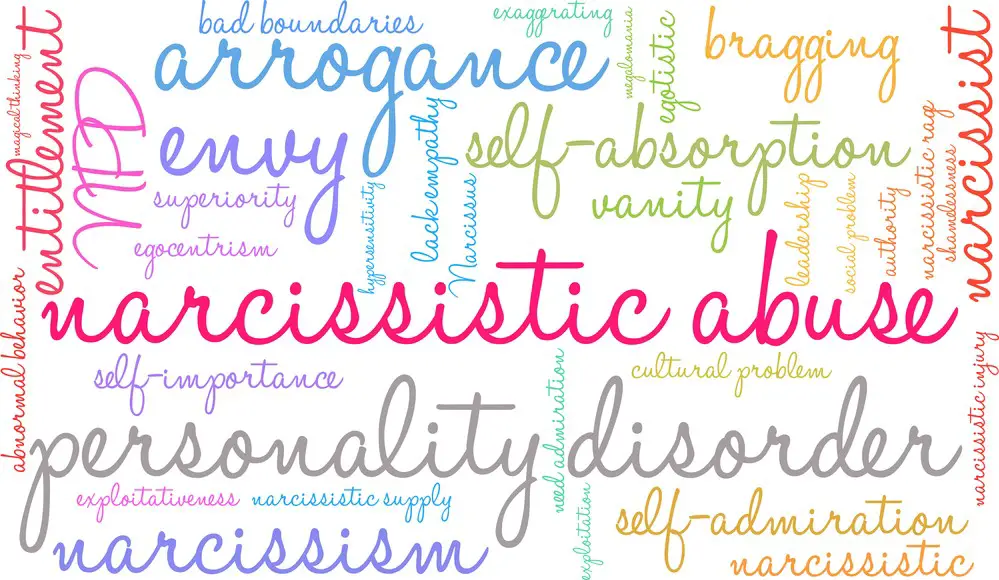 Manipulative Communication
Manipulative Communication Combatting Narcissistic Influence
Combatting Narcissistic Influence Seeking Professional Help
Seeking Professional Help Effects on Sibling Relationships
Effects on Sibling Relationships Self-Care and Recovery
Self-Care and Recovery Navigating the Storm: Dealing with a Narcissistic Ex in Divorce or Separation
Navigating the Storm: Dealing with a Narcissistic Ex in Divorce or Separation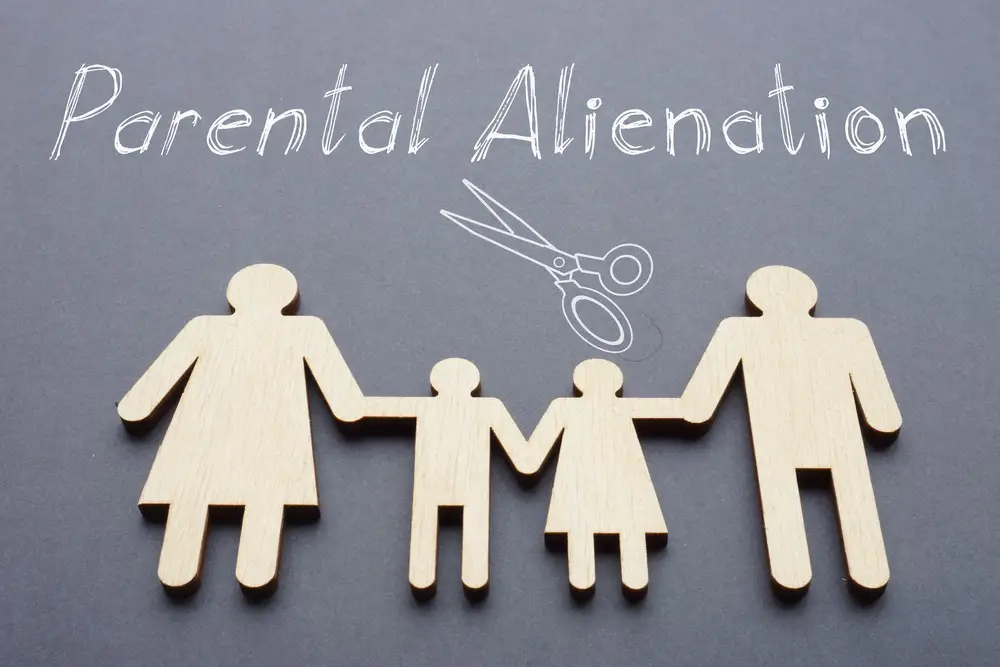 Recognizing and Responding to Signs of Parental Alienation
Recognizing and Responding to Signs of Parental Alienation
